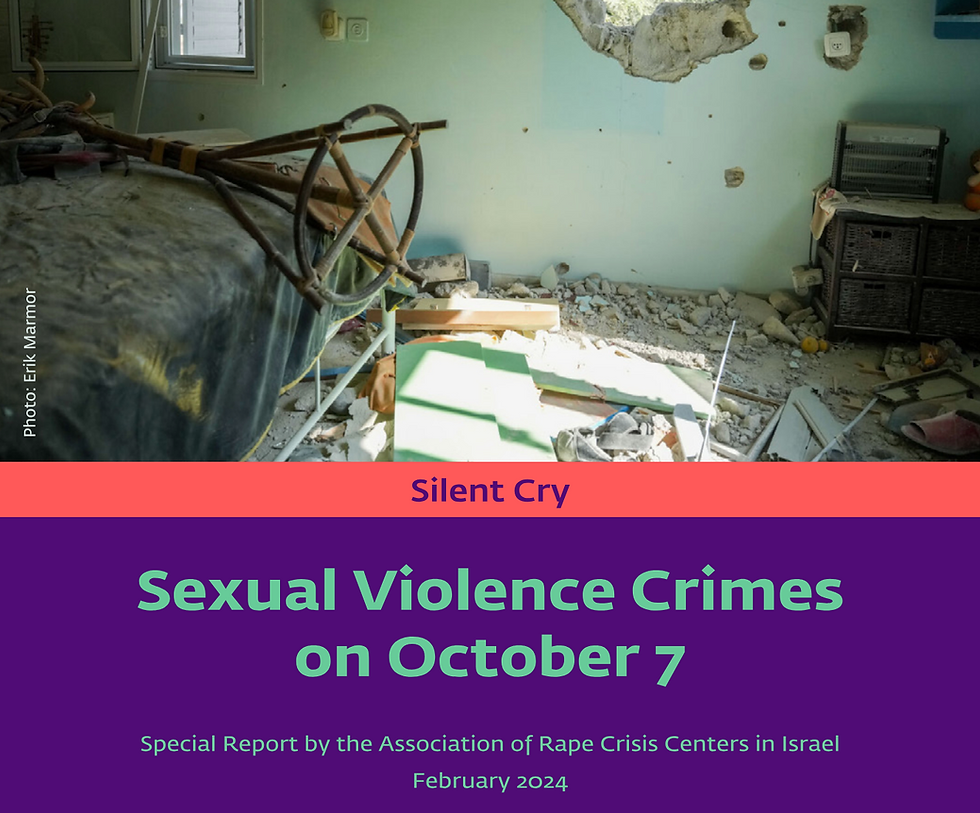Myanmar Genocide Emergency
- Genocide Watch

- Oct 19, 2022
- 4 min read
Updated: Aug 9, 2024
By Grace Condon

Myanmar’s military seized control of the country’s infrastructure in early February 2021, suspending most television broadcasts and canceling flights. Credit: The New York Times
Myanmar (formerly Burma) has persecuted the Rohingya and other ethnic minorities since Burma gained independence from Britain in 1948. Burma stripped the Rohingya of their citizenship in 1982. Myanmar law recognizes 135 ethnic groups, many of which are socially, politically, and economically marginalized. The Rohingya are not on the list of ethnic groups considered citizens of Myanmar. Myanmar falsely classifies the Rohingya as illegal "Bengali" immigrants. Minority groups have fought the Tatmadaw for decades to gain more autonomy, political representation, or independence. The Myanmar Army (the Tatmadaw) has committed grave crimes against humanity against these groups.
In 2012, 2016, and 2017, the Myanmar army launched genocidal military operations against the Rohingya in Rakhine State, forcing almost one million Rohingya to flee their homes and seek refuge in Bangladesh.
During the Rohingya genocide in 2017, the Tatmadaw attacked and burned hundreds of Rohingya villages, and murdered at least ten thousand Rohingya men, women, and children. The Tatmadaw also opened fire on fleeing Rohingya and placed landmines near border crossings, where nearly one million forcibly displaced Rohingya were fleeing to Bangladesh. Evidence released in August 2022 revealed how the Tatmadaw planned its genocidal attacks against the Rohingya. The military intentionally destroyed a substantial part of the Rohingya religious and ethnic group, committing genocide as defined by the Genocide Convention.
In 2019, The Gambia charged Myanmar with violating the Genocide Convention in the International Court of Justice (ICJ). In 2020, the ICJ issued a provisional order for Myanmar to protect the Rohingya from genocide. In July 2022, the ICJ rejected Myanmar’s objections and will continue to try the case against Myanmar. The United States formally recognized Myanmar's genocide against the Rohingya in March 2022.
Nearly one million Rohingya refugees now reside in vast camps near Cox’s Bazar, Bangladesh. Refugees in the camps face harsh conditions. They are not permitted to seek asylum in Bangladesh. Bangladesh authorities have intensified restrictions on Rohingya refugees’ livelihoods, movement, and education. The UN and national governments have failed to provide adequate humanitarian aid for the Rohingya living in the camps.
Bangladesh authorities have relocated 19,000 Rohingya to Bhasan Char island, despite its isolation and vulnerability to cyclone flooding. Many of these refugees received little information prior to relocation, and some felt coerced to move. The Bangladeshi authorities have also pressured Rohingya to return to Myanmar.
Over 135,000 Rohingya are detained arbitrarily and indefinitely in displaced persons camps in Myanmar. The estimated 600,000 other Rohingya still in Myanmar are subject to persecution and are deprived of adequate food, education, health care, livelihoods, and freedom of movement. If Rohingya refugees are forced to return to Myanmar, they will be subjected to more persecution. Almost none have chosen to return.
In February 2021, the Tatmadaw overthrew the government and detained Aung San Suu Kyi, Myanmar’s democratically elected leader, and other officials. The Tatmadaw junta also declared a one-year state of emergency, which it has since extended by six months. The Tatmadaw claims, without evidence, that widespread fraud tampered with the results of the November 2020 elections. Commander-in-chief Min Aung Hlaing, a key perpetrator of the Rohingya genocide, is now in power.
Suu Kyi and other detained officials are being tried on trumped-up charges for alleged crimes, and the courts have already convicted Suu Kyi. In 2022, the military carried out politically motivated executions of four pro-democracy activists in Myanmar’s first use of the death penalty in decades.
In response to the 2021 coup, peaceful pro-democracy protestors took to the streets. The military responded with violence and has killed at least 2,300 people and arrested over 15,000 since the coup. The military shot live ammunition at protestors. The army has laid landmines on a massive scale, including in and around places of worship and schools. The military has systematically committed rape and other forms of sexual violence, as well as violence against children.
Former members of the ousted NLD party established the National Unity Government (NUG) in opposition to the military junta. The NUG has formed an armed division, the People’s Defence Force (PDF), which has clashed with the military across the country. PDF members have allied with ethnic armies that have fought the military for decades. The February 2021 coup intensified ethnic conflicts in Myanmar.
Myanmar is financially supported by its gas exports, which were enabled by American and European corporations. Myanmar has received weapons and military training from China, Israel, the US, and Canada. China vetoes any action against the junta in the UN.
Due to Myanmar’s marginalization of ethnic minorities and denial of Rohingya citizenship, and the military’s ongoing genocidal campaign against the Rohingya and targeting of pro-democracy activists, Myanmar is at Stage 3: Discrimination, Stage 8: Persecution, and Stage 9: Extermination.
Genocide Watch recommends that:
ASEAN should scrap its failed 5-Point Consensus and should stop legitimizing the Tatmadaw’s rule by allowing the junta to attend ASEAN meetings. ASEAN should recognize the NUG instead.
Bangladesh should allow the Rohingya living in camps near Cox’s Bazar access to education and freedom of movement. Bangladesh authorities must stop pressuring Rohingya to return to Myanmar.
The United States, the Netherlands, Canada, Bangladesh, and other nations should join The Gambia’s case against Myanmar in the ICJ.
Donor nations should devote more resources to helping Rohingya refugees.
Sanctions against Tatmadaw generals and military corporations should be vigorously enforced.
Democratic nations should support the NUG's People's Defence Force in its struggle against the Tatmadaw junta.
The Tatmadaw must release Aung San Suu Kyi and other detained officials, end Myanmar's state of emergency, and return power to the democratically elected government, which should recognize the Rohingyas' citizenship.






